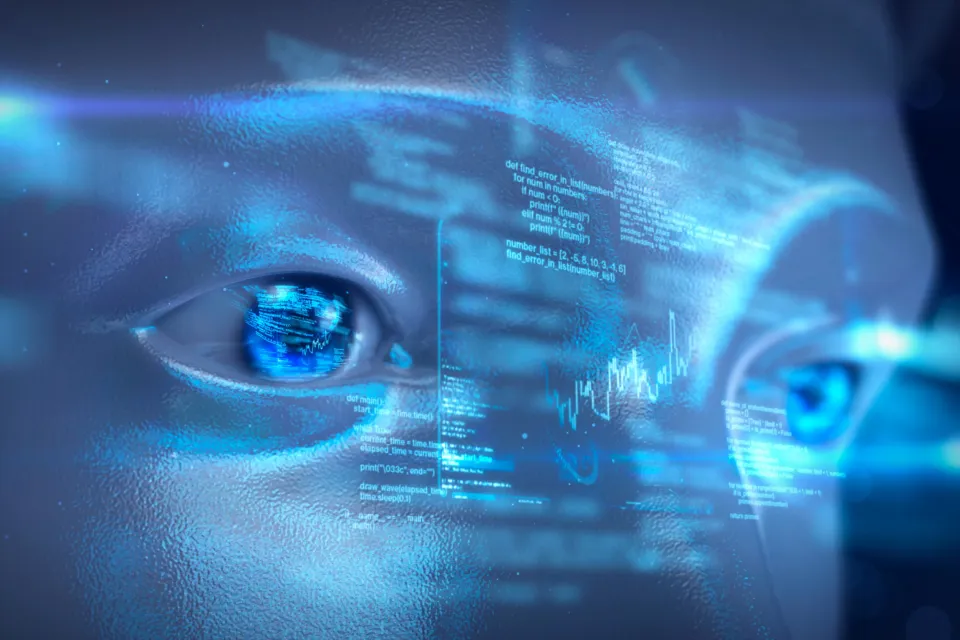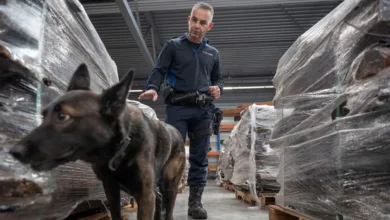AI vs. Crime: Inside Europol’s Fight Against High-Tech Criminal Networks in 2025

Explore how Europol uses AI to fight high-tech organized crime in 2025, from deepfake detection to cybercrime analysis.
Introduction
Organized crime isn’t what it used to be. In 2025, gangs and syndicates across Europe increasingly rely on artificial intelligence (AI) to carry out fraud, cyberattacks, and even plan drug trafficking routes.
Facing this high-tech threat, Europol — the European Union’s law enforcement agency — is turning to AI itself to stay ahead. Let’s explore how AI is both empowering criminals and helping stop them.
1. The Changing Face of Organized Crime
Traditional organized crime groups are evolving. Today’s criminals:
-
Use AI to automate phishing and fraud.
-
Deploy deepfakes for blackmail and scams.
-
Analyze police response patterns to avoid detection.
These tactics make them faster, harder to track, and more global.
2. Europol’s AI‑Powered Tools
In response, Europol has built:
-
AI crime analysis platforms: Find patterns in huge data sets.
-
Language recognition: Monitor encrypted chats across languages.
-
Deepfake detection tools: Identify fake videos and voices.
-
Network mapping: Reveal hidden connections between suspects.
These tools help human investigators work smarter.
3. Deepfakes and Synthetic Media
Deepfakes in crime exploded in 2024–2025:
-
Criminals create fake hostage videos to extort families.
-
AI voices impersonate CEOs to steal millions (“voice phishing”).
-
Fraudsters fake social media influencers to sell counterfeit goods.
Europol’s specialized teams now train to spot synthetic media.
4. AI in Drug Trafficking
Criminal networks use AI to:
-
Predict border patrol patterns.
-
Optimize smuggling routes.
-
Track supply chains in real time.
Europol counters this with predictive analytics to target shipments before arrival.
5. Fighting Online Child Exploitation
AI helps Europol:
-
Scan dark web forums for illegal content.
-
Match images to missing children databases.
-
Prioritize leads for urgent action.
AI can process terabytes of data daily — a task impossible for humans alone.
6. Privacy and Ethical Concerns
Using AI raises questions:
-
How to balance security with civil liberties.
-
Risks of bias in facial recognition.
-
Protecting innocent people caught in big data sweeps.
Europol follows strict EU data protection laws and audits AI tools regularly.
7. Collaboration Across Europe
No country fights AI‑driven crime alone:
-
Europol connects police in 27 EU countries.
-
Shares AI tools and data securely.
-
Runs training for digital forensics and cybercrime units.
Together, they build a Europe‑wide defense network.
8. Criminals Adapting Fast
Organized crime constantly evolves:
-
New AI tools appear on hacker forums daily.
-
Criminals test law enforcement tools for weaknesses.
-
The line between cybercrime and “real‑world” crime keeps blurring.
This creates an ongoing digital arms race.
9. The Role of Human Expertise
AI is a tool — not a replacement. Europol’s investigators:
-
Validate AI findings.
-
Build cases courts will accept.
-
Understand cultural and linguistic nuances AI can miss.
Human judgment remains central to justice.
10. The Future of AI and Crime
By 2030, experts predict:
-
AI will design even more sophisticated malware.
-
Deepfake scams will become almost undetectable.
-
Law enforcement AI will become more powerful — but privacy debates will intensify.
Public trust will hinge on transparency and accountability.
Final Thoughts
AI is reshaping organized crime — and the fight against it. Europol’s challenge in 2025 isn’t just stopping criminals, but doing so while protecting democratic values. The battle continues, and it’s as much about ethics as technology.




